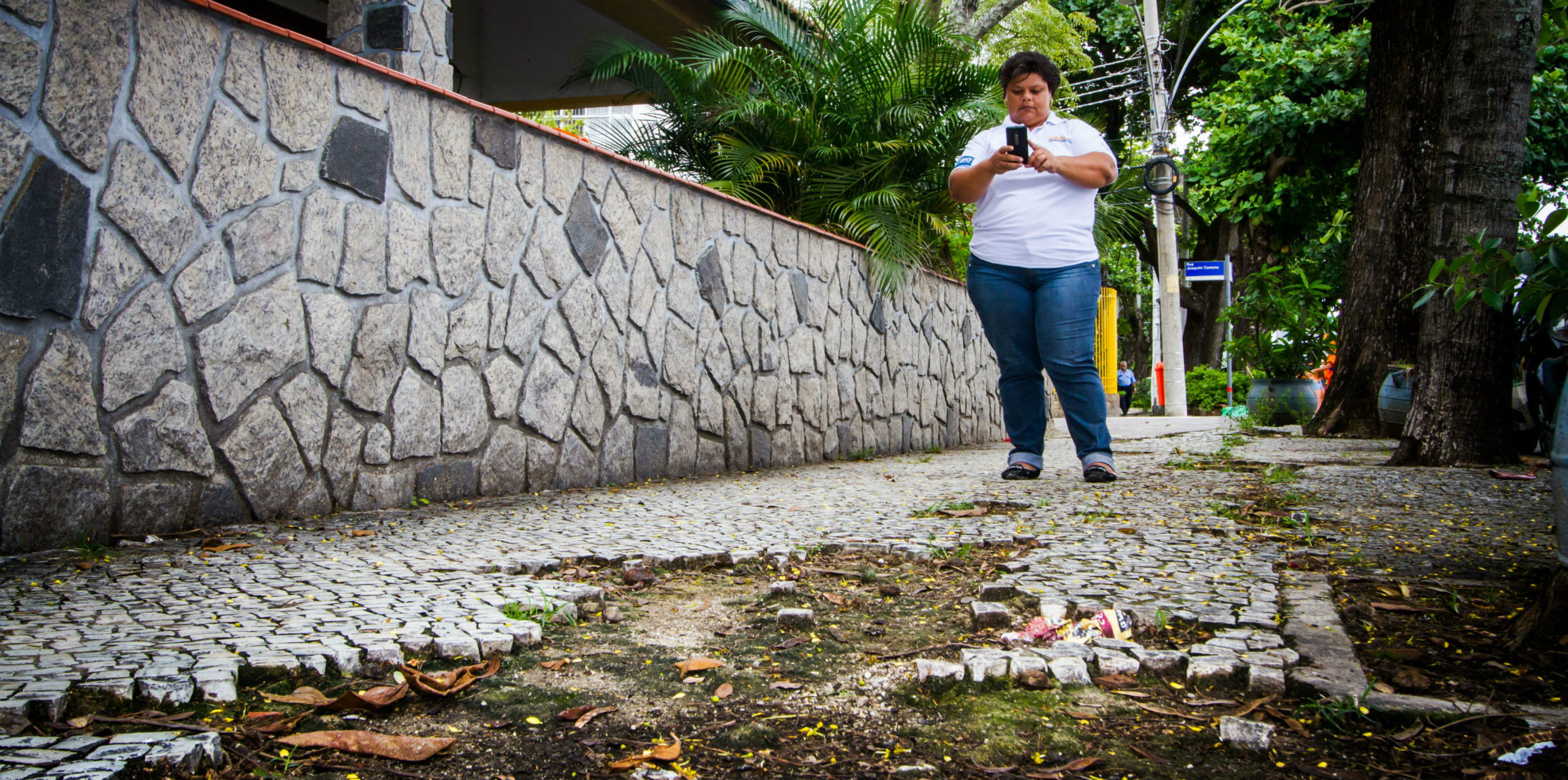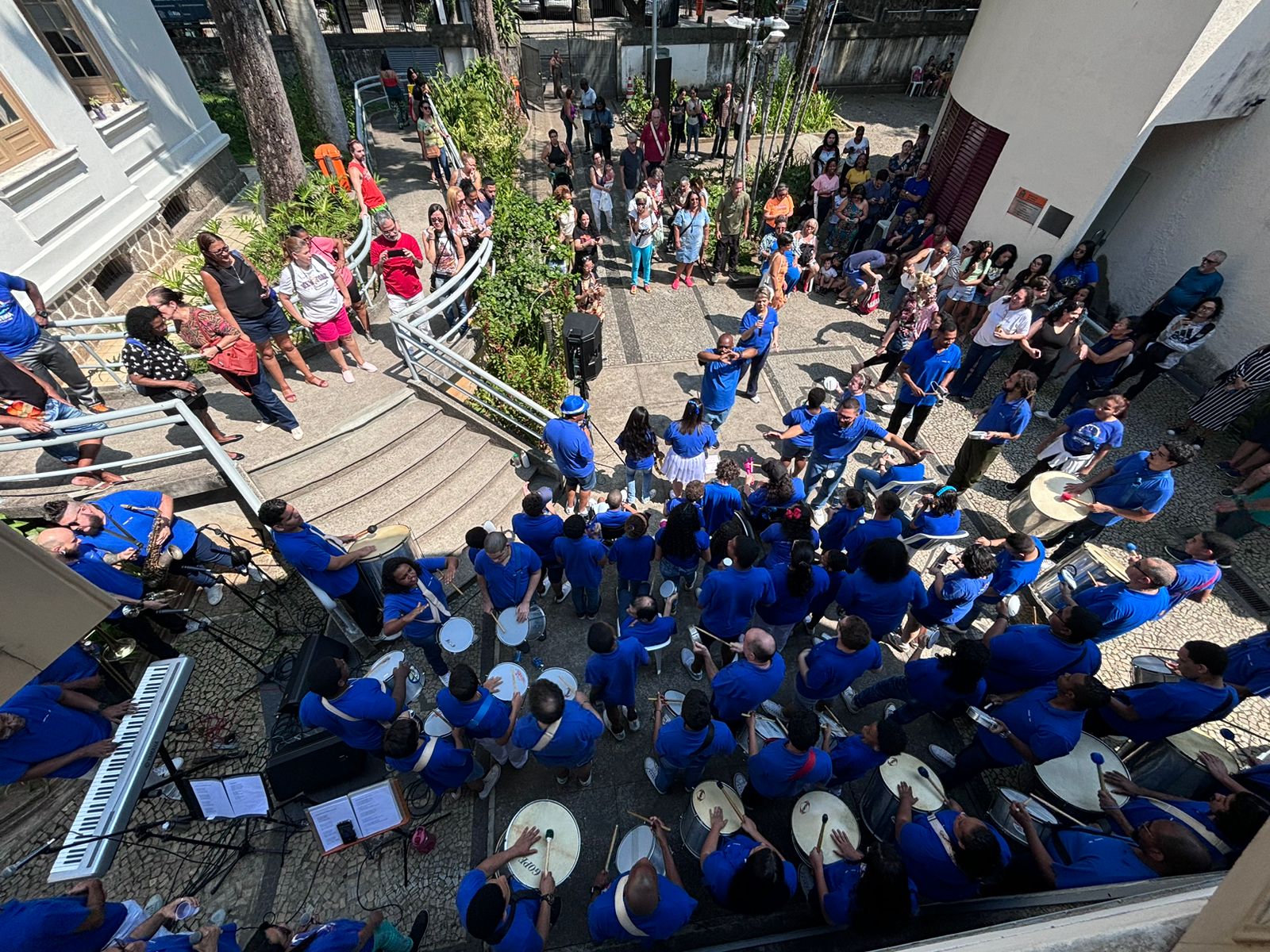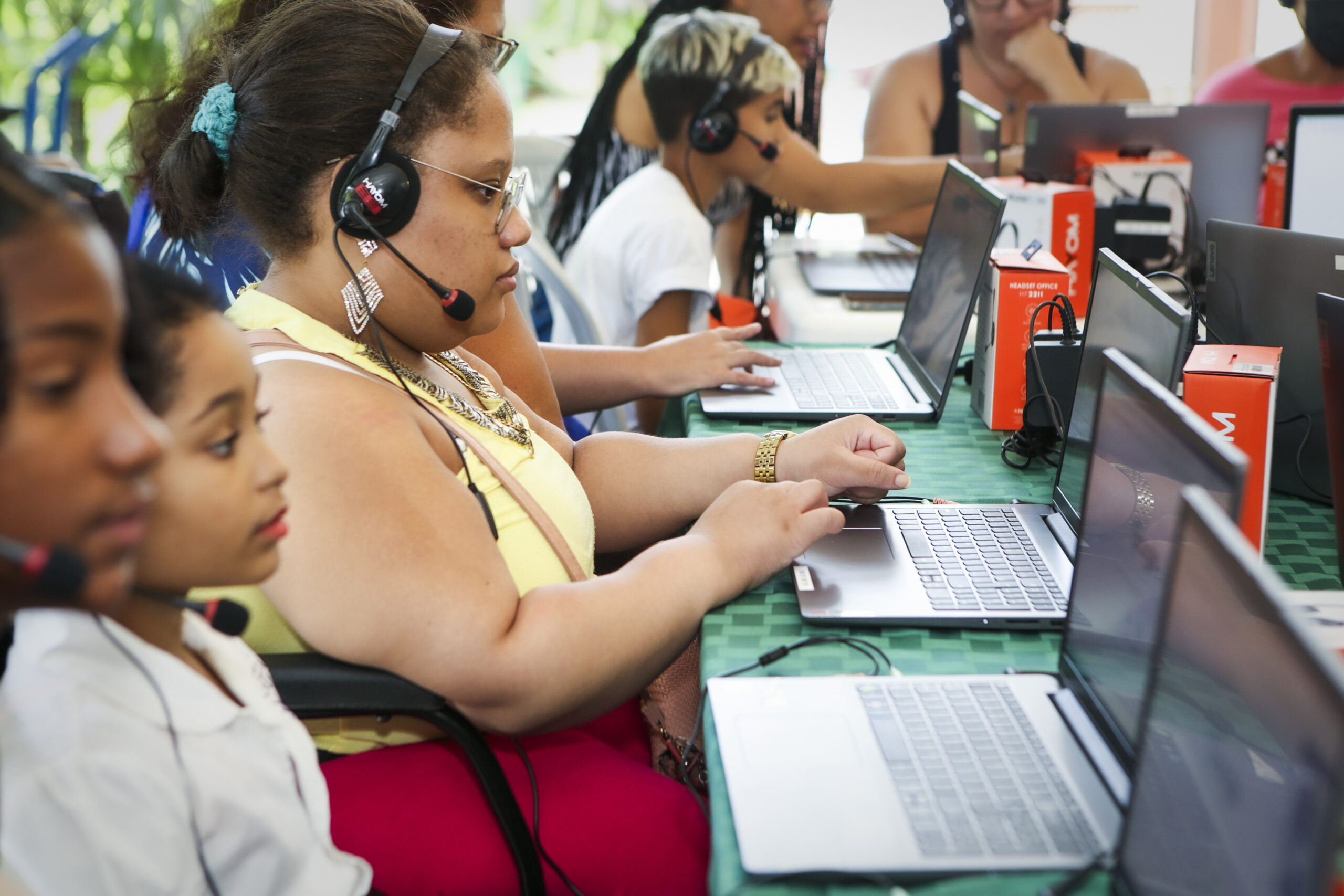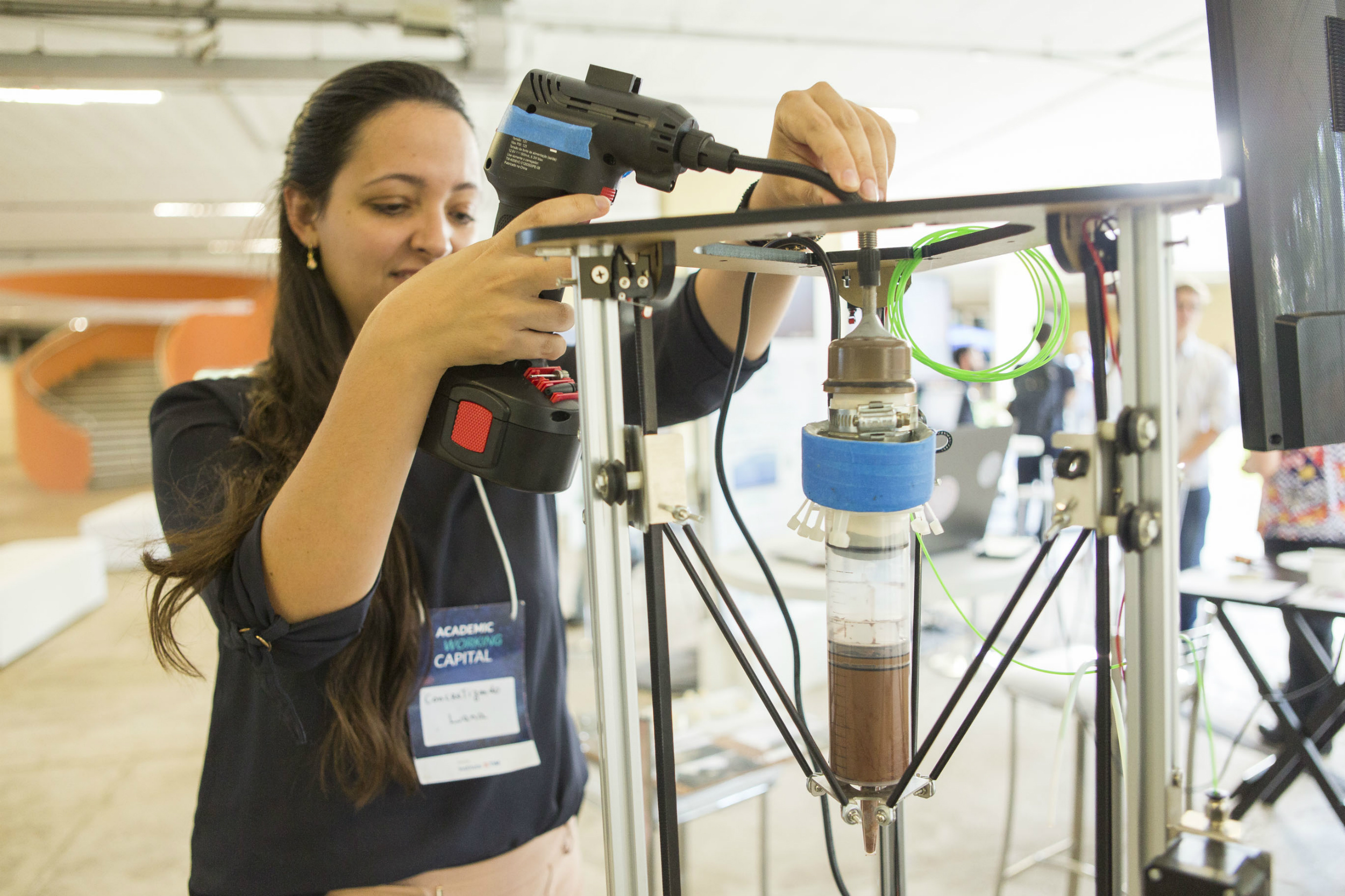
The ZUP RIO platform, a ZUP (Participatory Urban Governance) deployment in Rio de Janeiro (RJ), is currently being used in an action to fight the Aedes aegypti mosquito in the municipality. On February 11th, 126 municipal health units mobilized to educate residents about the importance of prevention against the breeding sites of the mosquito, which transmits dengue, zika and chikungunya. In addition, the date marked the beginning of a series of inspections that are being carried out in the neighborhoods with the highest incidence of the mosquito. All data collected by the field agents are registered in ZUP RIO.
Previously, the registering of the data collected during the monitoring of mosquito outbreaks was done on paper. “We wanted to introduce a tool for the field agent that would contribute to their work and that would use the technology to gather and consolidate information”, explains Rodrigo Kemel, Technology adviser at Rio Operations Center (COR). In addition to COR, the action is being organized by the municipal departments of Health, Conservation, Education and Civil Defense and by the Municipal Company of Urban Cleaning (Comlurb). This is the time of the year with the highest proliferation of the <em>Aedes aegypti</em> mosquito, due to the increase in rainfall volume.
The choice of ZUP RIO as a tool for this action was based on positive experiences with the use of the platform during the Rio 2016 Olympic and Paralympic Games and the elaboration of an inventory of more than 1,200 city monuments. “We are now using technology to save lives, and ZUP is involved in it”, states Rodrigo. About 15 neighborhoods will receive the visit of the agents, who have already approved the use of ZUP RIO. “In addition to allowing giving feedback in the field, the tool was extremely solid and well accepted among the agents”, he says. The inventoried data will be used to plan combat, monitoring and awareness actions at the most critical spots.
In this first moment, the action relies on the work of field agents of the participating entities. Over the next few weeks, the inspection team will start to be composed only of health agents. During the first half of the year, the objective is to train all municipal health agents on how to use the platform. “Initially, the focus is to deal with the <em>Aedes aegypti</em> mosquito, but we want to extend the use to other areas of the Department of Health. And this is possible because it is an open and customizable tool”, says Rodrigo. The Technology advisor adds that the scenario is very promising and favorable to consolidate the use of ZUP RIO throughout the City Government of Rio de Janeiro. “Technology is being essential to serve the population and to understand what is happening in the city.”






































































































